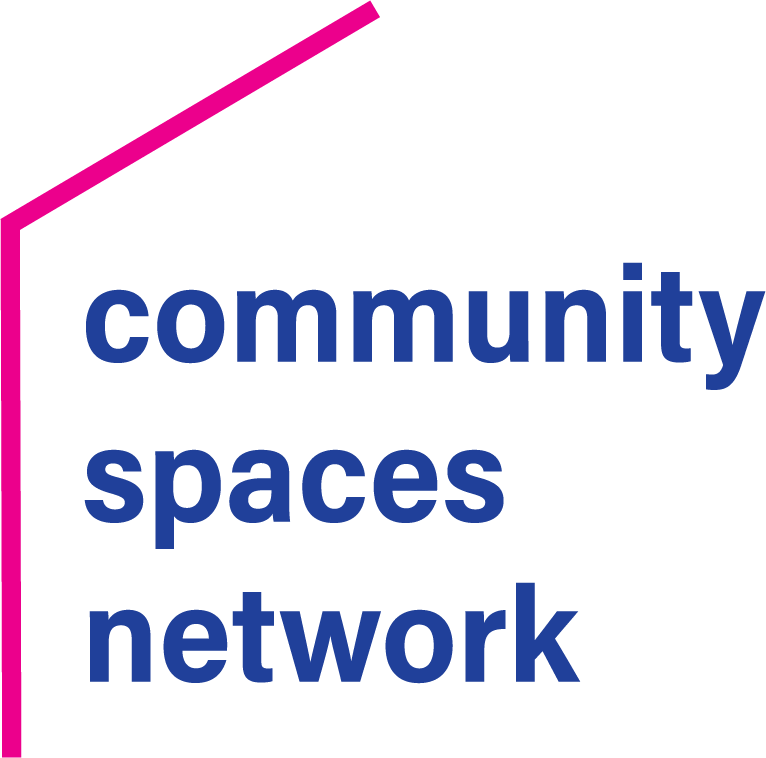Check out the helpful tips that our members shared at this quarter’s NCN member Roundtables:
1. Evaluate stakeholder satisfaction in multiple ways.
Evaluating stakeholder satisfaction is an important part of operating a community space. Some tools include surveys, town halls, focus groups, and more. Utilizing multiple forms of evaluation can lead to more participation and better data. Some stakeholders might prefer a quick online survey while others might like a one-on-one meeting to share their thoughts. Having an evaluation method on site, like a kiosk, is another great way to gather feedback in the moment.
2. Consider active meeting spaces.
A great community-building tool is active meeting spaces. One member shared that their space now includes meeting areas with ping pong and pool tables as well as designated walking paths outside for “walk and talk” style meetings. Yard games are another great idea. Active meeting spaces are a way to promote wellness and connection and add a little fun to the normal conference room setting!
3. Celebrate the small wins.
We can often get caught up in the grind when it comes to mission-driven work and supporting our communities. It’s important, though, to take in the small moments and small wins that help push us towards our goals. Celebrating a completed project, a return client, or a new email campaign is a great way to boost morale and build energy. It’s often the small wins that stack up to big gains in the long run. Don’t forget, birthdays and anniversaries are another great way to weave small celebrations into daily work.
4. Community advisory boards can help build trust.
A community advisory board is a great way to build trust with the local community. One member shared that their center did just that when opening in a new neighborhood. Community members could be elected to the board and have a voice in the planning and operation of the space. This helps establish clear lines of communication and sets the stage to truly work as partners. Community surveys and interviews are a great way to hear from your neighbors, but a community advisory board takes that a step further to formalize the relationship and ensure the community has a real stake in a shared space setting.
5. Look into external events to build community.
Shared spaces often host internal events to bring their partner/tenants together to build community and connect. Another option is to find an external local or regional event that you can sign up for and attend together! This time of year especially, festivals and events are popping up all around our cities. One of them might be a great fit for you and your team to join in, have fun, and spread your message throughout the community. An external event not only provides a change of setting but also might mean a little less planning and marketing for you and your staff.

